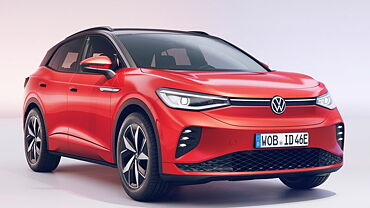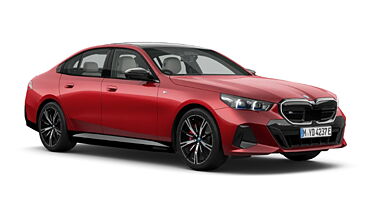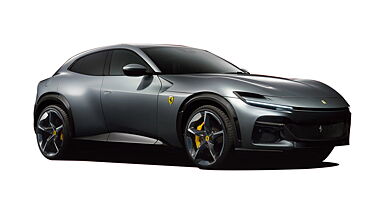In a development that is about to make the situation worse for the car market, India is set to lose a high amount of potential investment from some big automobile manufacturers. The Indian car market is one of the largest in the world with a lot of international auto makers in operation. However, the recent past has not been good for the Indian economy and as a result, it has adversely affected the condition of the car market.
The value of the rupee has been falling with alarming regularity, which increases the cost-pressure on car companies. In order to cope up with this, they have resorted to price hiking, which further reduced the already low demand. Slow market growth, low sales, high interest rates, lack of government incentives, block closures and inventory pile up have become the characteristics of the market. Considering all these factors, bigwigs like Honda, Toyota, Ford and Nissan are potentially looking at making a large investment in markets like Indonesia and Thailand.
According to reports, investments amounting to Rs. 24000 crore will be made by Toyota, Honda, Nissan and Volkswagen, in order to facilitate the capacity expansion. An added investment of Rs. 10000 crore is likely to made by Honda and Ford in the auto industry of Thailand. However, India being the huge market, will receive an influx of only Rs. 12000 crore by firms like Maruti Suzuki, Renault-Nissan and Ford.
This move, by auto makers, can be termed as shocking, given the size of the Indian car market. According to statistics for the year 2012, the Indian car market is three and a half times and two and a half times larger than the Indonesian and Thai markets, respectively. These statistics also reveal that Indian is the world's sixth largest market while Thailand and Indonesia are on 13th and 17th, respectively. India is slated to reach the third spot by 2017, preceded by only United States of America and China.
Some experts give an insight into this situation, explaining the reasons behind this decision. “The worry for India is that a big slice of export production may go away to these countries. The Indonesian government has given a clear road map for the auto industry, which help new companies plan investment. In India, we need a lot of clarity on things like emissions and fuel pricing policy. If the government supports the industry at home, the potential is huge because this is a very large market," said Puneet Gupta, principal analyst at IHS Automotive.
The governments of Thailand and Indonesia have played a big role in luring car makers to their countries. While the Thai government offered incentives to first time consumers, the Indonesian government announced tax breaks low-cost cars that are eco-friendly. Auto makers in India are seeking incentives from the government to battle the continuously declining sales.
“The Thai and Indonesian car markets will continue to hold sway for Japanese companies. We should not be that despondent of our situation in auto as we are one of the biggest markets in the region. The condition is worse in other sectors like home appliances where nearly all the manufacturing happens in these countries," said VG Ramakrishnan, Managing Director of Frost & Sullivan, South Asia.
The ASEAN Free Trade Area comprises 10 countries, an opportunity that is being grabbed by auto makers like Honda, Volkswagen, Toyota and Ford to achieve their export targets. These countries are likely to become, post the investment, a base for exporting vehicles to regions like South America, Australia, Africa and Europe.



























